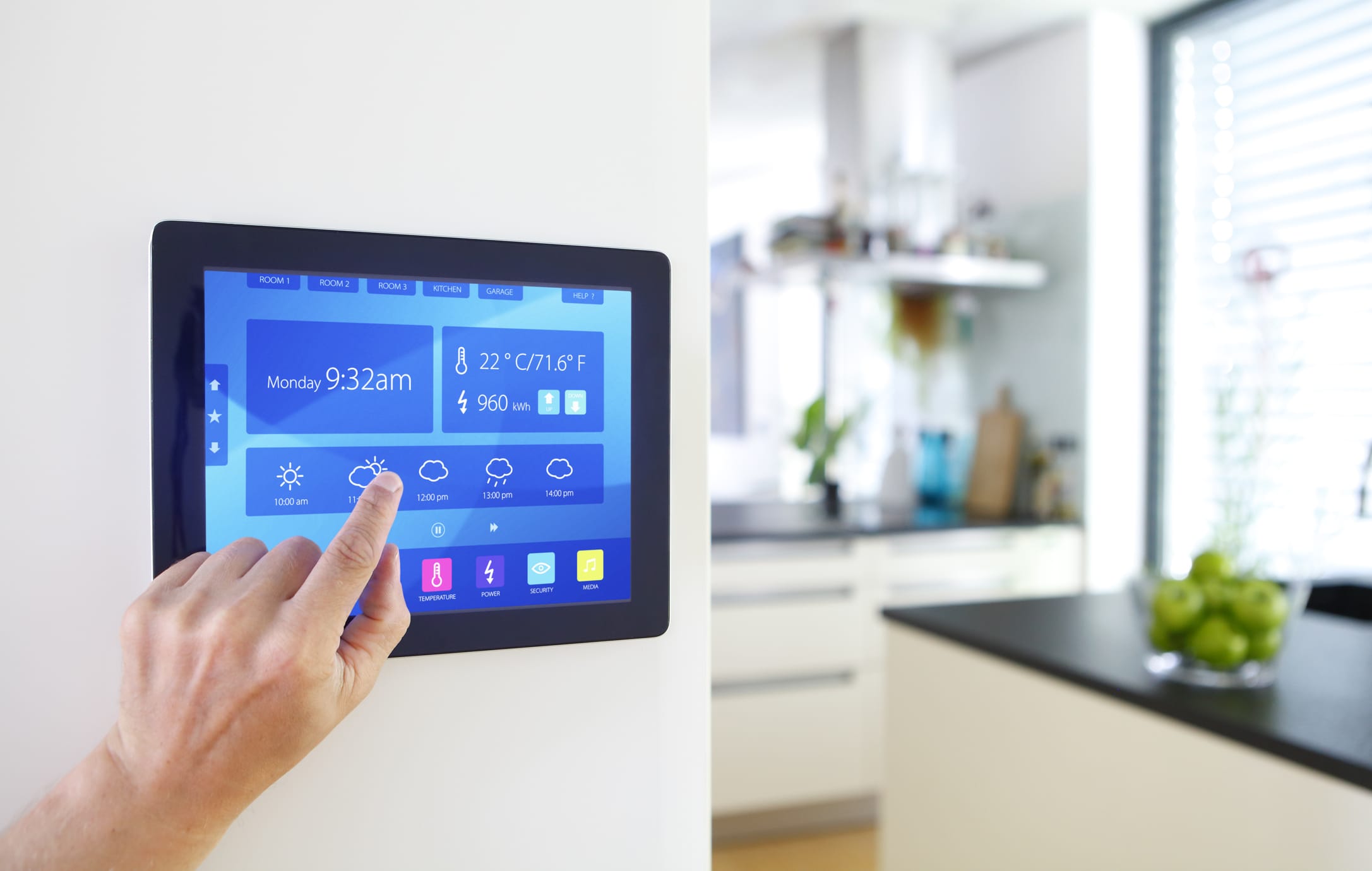Cybersecurity in eCommerce projects: importance and ways to ensure it
The modern eCommerce industry is a huge set of tools used to increase sales. Develop business and improve customer comfort when making purchases. But given the relevance of commercial tasks. Business owners can sometimes forget about such an important component as cybersecurity in eCommerce, and this is a big mistake.

In general, cybersecurity in eCommerce projects is based on three factors:
Confidentiality: users’ personal data is stored and protected by the company.
Integrity: You cannot delete or change data without permission.
Availability: only authorized persons have access to data.
Today we will consider important components of online commerce such as security. Business continuity and protection of user data. We will figure out what cybersecurity consists of in an online store. We will also discuss how the level of security of modern commercial developments is checked.
The Importance of Cybersecurity for Online Commerce
Modern e-commerce websites attract millions of users and operate with their personal and financial data. Such resources cannot but be a magnet for cybercriminals. Therefore, a properly built security strategy for such resources is of great importance in eCommerce.
The basis of cybersecurity is the protection of consumer data and online security. But let’s discuss in detail and with examples why online store security is important for ecommerce web design.
Cybersecurity in online commerce protects user data
Protection of partners and security of customer data are one of the highest priorities of the modern business sphere, since customer data is a very valuable asset. At the same time, stolen data can become a serious reputational threat to any type of business.
Modern cybersecurity of an e-commerce project requires risk control measures to protect information in many different ways: from secure payment processing, password change policy, two-factor authentication to data encryption and other methods.
Cybersecurity in eCommerce protects against spam and malware
Spam and malware pose a very serious threat to online services. A modern security system provides preventive protection against various spam and malware by blocking access of such threats to the corporate network, as well as their detection and removal from infected computers.
Modern cybersecurity tools protect networks from DDoS attacks
Comprehensive implementation of the necessary security measures allows additional protection of online commerce enterprises from DDoS attacks. DDoS attacks are cyber attacks that overload a website with traffic in different directions, which leads to its overload. After that, ordinary users cannot access it. Cybersecurity in ecommerce web design agency projects is impossible without DDoS protection. Protected networks and specialized software help companies resist such cyber attacks or minimize their consequences.
Key components of cybersecurity in an eCommerce project
Today, cybersecurity of an online store is a complex multi-level system consisting of many components. Here are just a few examples:
Mobile security
This is the appropriate level of security for mobile gadgets, such as smartphones, tablets and laptops, from malware, phishing and other threats.
Email security
This is about protecting correspondence from unauthorized access, interception, forgery or destruction. This means using secure data transfer protocols, such as SSL or TLS, encryption of messages and attachments, digital signs and certificates, as well as filtering spam and malicious emails.
Payment system security
It is important to ensure the protection of financial data from theft, fraud or abuse. Financial security of credit cards means using security technologies such as chips and PIN codes, data encryption during online transactions, such as 3D Secure, cardholder authentication (CVV/CVC codes), and control over card transactions. (SMS or push message).
Access control
This is the process of defining and controlling who can access information resources such as files, a database, a network, or an application, and how. Access control means identifying users (e.g. multi-factor authentication using login, password, and biometric data), authorizing their actions (using roles or rules), and auditing and monitoring their activity (using logs or reports).
Network security
Every business network stores sensitive information. Therefore, it is critical to ensure that computer networks are protected from unauthorized access, intrusion, attacks, or data leakage. Network security is the use of physical and logical security measures (firewall, proxy servers, VPN or IDS/IPS), encryption of data over the network (SSL/TLS or IPsec), and detection and response to security threats.
Cloud computing security
We are talking about protecting application data stored or running in the cloud infrastructure (Amazon Web Services or Microsoft Azure). Cloud computing security means using cloud encryption and encryption in transit (AES or RSA), cloud access control (IAM or RBAC), and compliance with cloud data protection standards and regulations (ISO 27001 or GDPR).


:max_bytes(150000):strip_icc()/GettyImages-1084171152-8445a490b5894f0a9bb588dbfc2ac22d.jpg)






